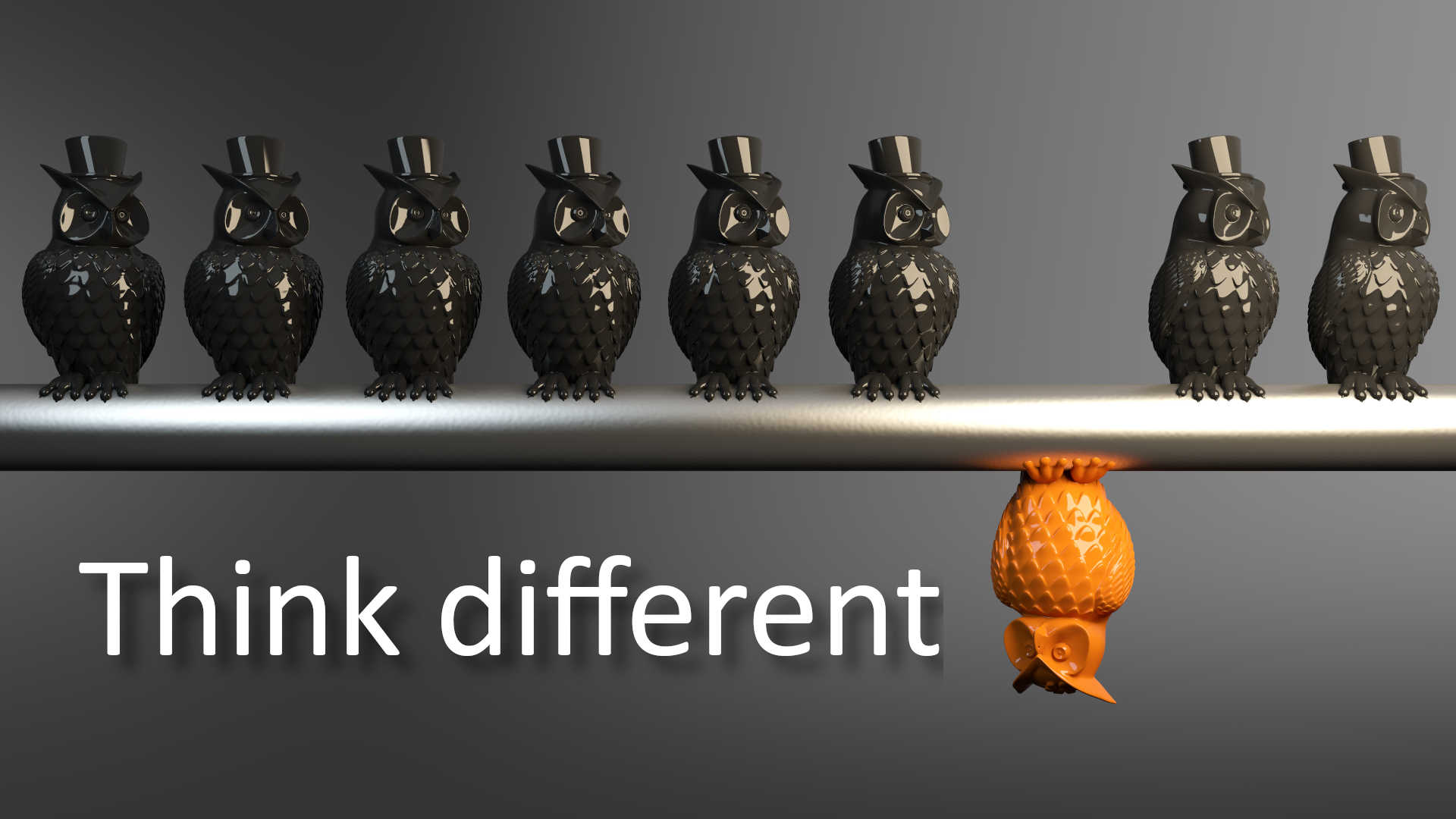A few days ago, the European parliament voted to ban the sale of new combustion-engine vehicles from 2035 onwards. Beyond its disputable benefits and its unrealistic objectives, this decision is a perfect illustration of why other regions, including the USA, are poised to keep winning the race to innovation.
Admittedly, 2035 is not tomorrow. Given the growing impact of scientific reports highlighting both the importance of the fight against global warming and the many mistakes made in its name, an evolution is possible and nothing guarantees that this new regulation will not be deeply amended before its implementation. This is why we will not elaborate on the gap between the perception of EVs as clean vehicles and their actual, all-in environmental footprint, nor on the challenges of developing a broad-scale charging infrastructure on a continent, whose power generation capacity is already struggling with existing needs.
What strikes us in the EU’s decision is the way a choice was made to lock a whole industry into a single technology, electric motors, instead of setting emission limits and letting scientists and engineers imagine how they would abide. As it happens, a number of research centers for carmakers such as Porsche AG were working on alternative solutions, such as synthetic fuels, which appeared to have a significant potential to be both cleaner and, if mass-produced, cheaper than the only option that the EU chose to authorize.
At a time when social networks are full of posts about the benefits of letting each individual express his/her own skills and creativity, and giving people more leeway in defining the path they will follow to reach their objectives, it is interesting to see that Europe does the exact opposite. No wonder that it remains dependent on US patents for almost everything that counts in daily life.
HG – June 10, 2022







